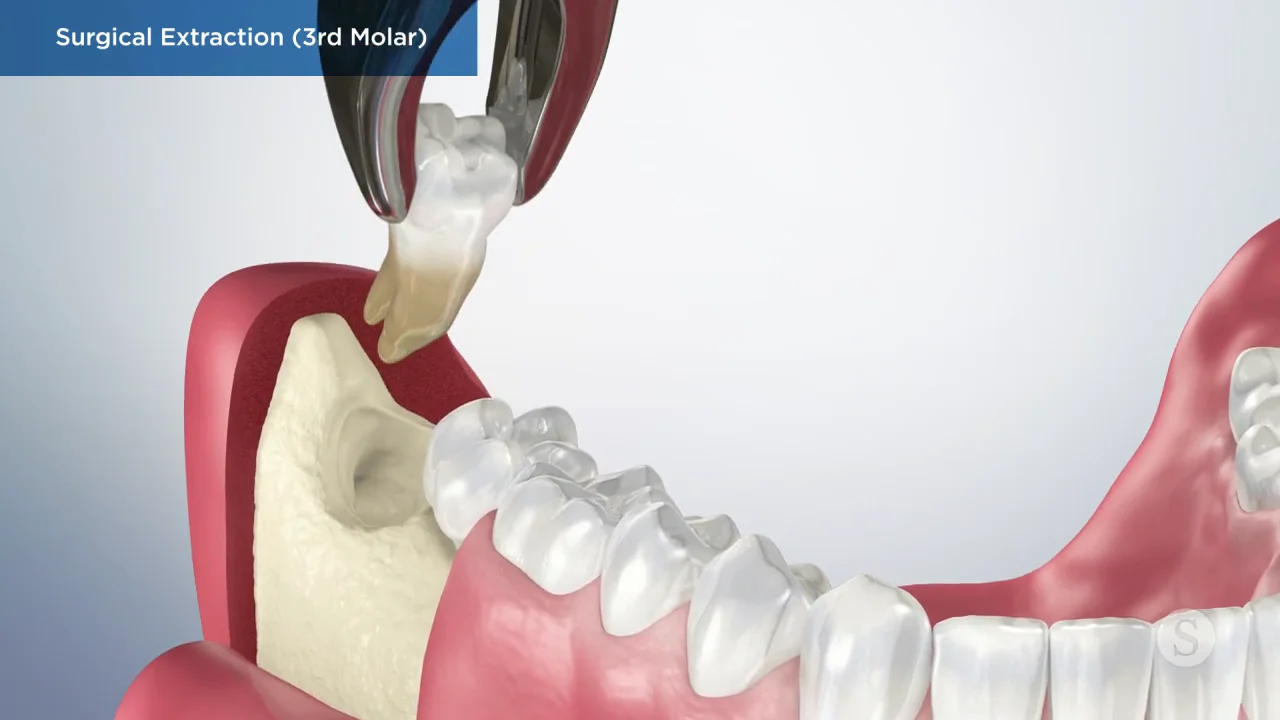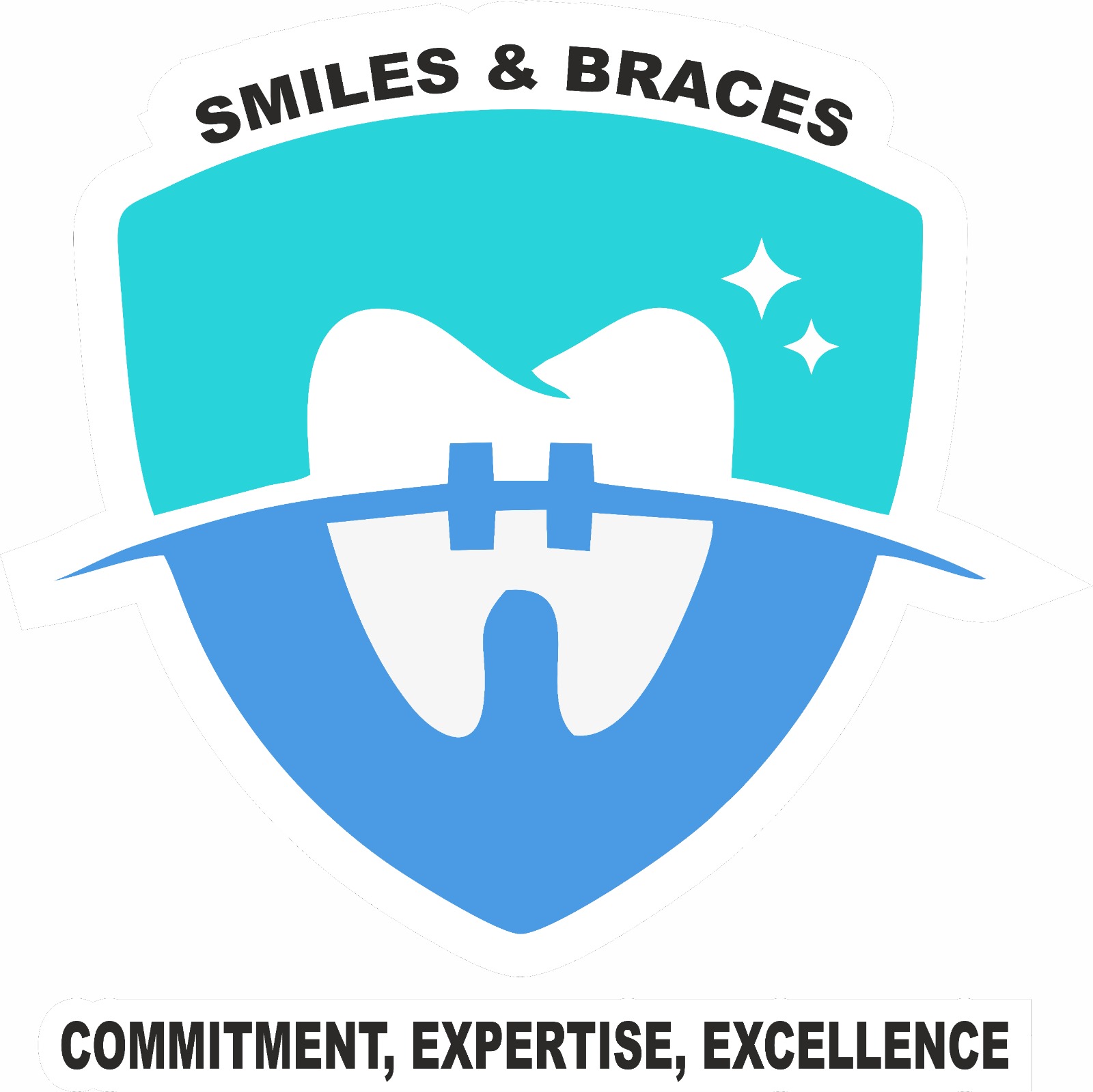Oral Surgery
Home / Services

Oral Surgery
At Smiles and Braces The best dental clinic , Our Oral and maxillofacial surgery encompasses a variety of procedures that involve surgery of the mouth (oral), jaw (maxilla), and face (facial). Some people regard oral and maxillofacial surgery as an “upgraded” form of dental surgery, but the practice extends far beyond what a dentist can perform.
Oral and maxillofacial surgeons (OMSs) train as dentists but undergo six additional years of education, including two to attain a medical degree (MD).1
Some oral and maxillofacial surgeons embark on further training to perform facial cosmetic surgery, treat conditions related to cancer, perform microvascular surgery of the head or neck, or correct congenital face and skull abnormalities in children (such as cleft lip and palate).
Other Services
- Dentals Cleanning
- Fillings & Restorations
- Oral Surgery
- Theeth Whitening
- Orthodontic Treatments
Free Consultations
Not sure which is the best dental clinic? Schedule a free consultation with us and get to know & discuss your needs and the options available.
Purpose of Oral and Maxillofacial Surgery:
Oral and maxillofacial surgery is used to treat a wide range of conditions affecting the craniomaxillofacial complex comprised of the mouth, jaws, face, neck, and skull.
The procedures can be broadly defined as being diagnostic/therapeutic, dentoalveolar (involving the teeth, gum, jawbone, and mouth), reconstructive, or cosmetic.
Diagnostic and therapeutic procedures include:
- Mandibular joint surgery: Used to repair or reposition the jaw to treat temporomandibular joint (TMJ) disorder, masticatory musculoskeletal pain (pain while chewing), or burning mouth syndrome
- Maxillomandibular osteotomy: The surgical repositioning of the upper and lower jaw to improve breathing and treat obstructive sleep apnea
- Radiofrequency needle ablation: A minimally invasive procedure employing high-frequency radio waves to sever nerve pathways that trigger trigeminal neuralgia, migraine, and similar chronic pain disorders
- Septoplasty with turbinate reduction: A therapeutic procedure involving the straightening of a deviated septum and the removal of nasal bones and tissues (turbinates) to improve breathing, reduce snoring, and treat sleep apnea
- Tumor resection: The surgical removal of abnormal growths and masses, both benign and malignant
Cosmetic procedures includes:
- Blepharoplasty: Eyelid surgery
- Cheek augmentation: Cheek implants
- Genioplasty and mentoplasty: Aesthetic chin surgery
- Hair transplantation
- Neck liposuction
- Otoplasty: Reshaping of the outer ear
- Rhinoplasty (nose job)
- Rhytidectomy (facelift)11
Pre-Operative Evaluation
If oral and maxillofacial surgery is indicated, the surgeon may order a series of tests to map out the surgical plan. These may include:
- X-ray: A plain film imaging technique using ionizing radiation
- Panorex: A form of X-ray used in dentistry and for the viewing of the sinuses
- Computed tomography (CT): An imaging technique involving multiple X-ray images to create three-dimensional “slices” of the surgical site
- Magnetic resonance imaging (MRI): An imaging technique that doesn’t involve radiation and is superior in imaging soft tissues
- Duplex ultrasound: An specialized form of ultrasound specifically used to evaluate blood flow through the arteries and veins
- Nerve conduction studies (NCS): A test in which a mild electrical pulse is applied to muscles of the face and head to detect areas of nerve damage12
Contraindications
There are few absolute contraindications to oral and maxillofacial surgery other than the inability to tolerate general anesthesia. In such cases, other forms of anesthesia—like regional blocks or local anesthesia with intravenous sedation—may be used.
There are relative contraindications that may exclude certain elective procedures. Cases like these are evaluated on an individual basis, weighing the benefits against the risks. Among the conditions of concern are:
- High blood pressure (generally when the systolic pressure is 180 mmHg or higher or the diastolic pressure is 110 mmHg or higher)
- Active infections, which must be treated for surgery can be performed
- Extensive osteonecrosis (bone death)
- Certain cancers, which may metastasize if such surgery is performed
Schedule Your Appointment Today!
Don’t wait to prioritize your oral health. Contact us now to book your visit and experience the high-quality care that makes us the best dental clinic in the area. Your smile deserves it!
FAQ
Frequently Asked Questions
Lorem ipsum dolor sit amet, consectetur adipiscing elit. Ut elit tellus, luctus nec ullamcorper mattis.
What types of oral surgeries are commonly performed?
Common types of oral surgery include tooth extractions, wisdom tooth removal, dental implants, and corrective jaw surgery.
How long does it take to recover from oral surgery?
Recovery from oral surgery can vary depending on the procedure, but most patients recover within 7 to 14 days, with proper care and follow-up.
Is oral surgery painful?
Most oral surgeries are performed under anesthesia, so patients feel minimal discomfort during the procedure. Post-operative pain can be managed with prescribed pain medication.
Table of Contents
Toggle